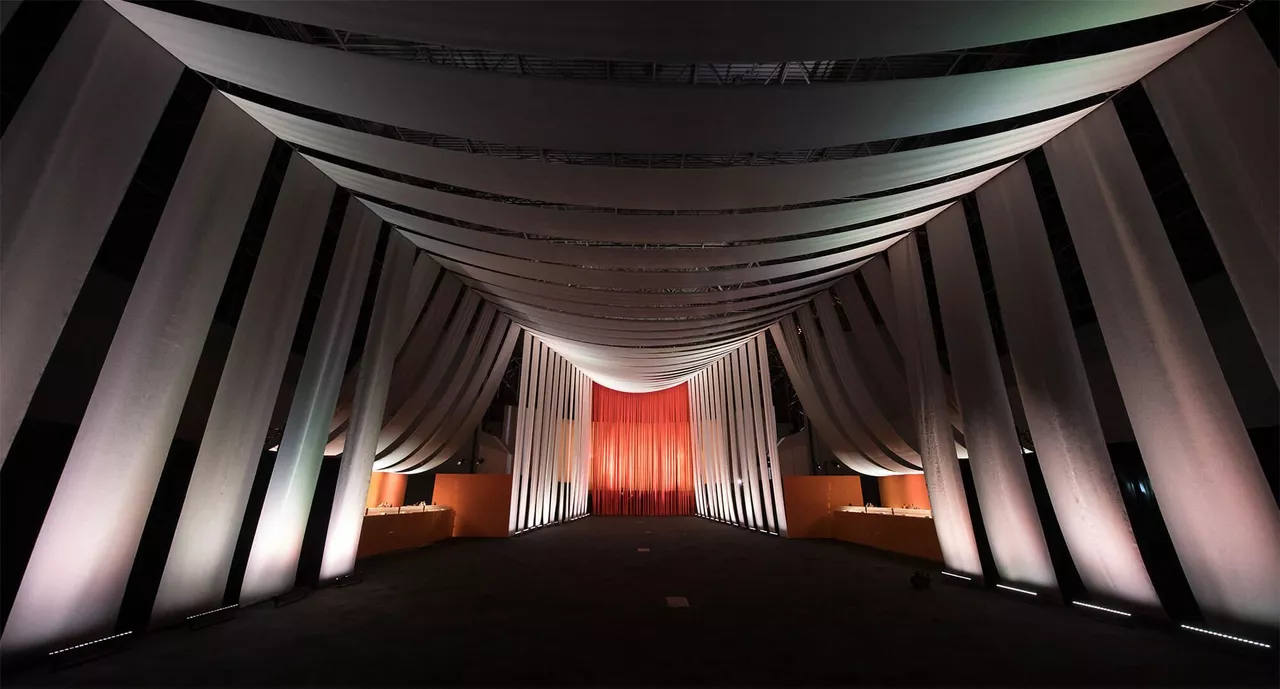What Makes a Hall of Fame Really Hard to Get Into?
If you’ve ever wondered which Hall of Fame feels like a locked door, you’re not alone. Athletes dream of those plaques, but only a few ever see their names carved in stone. The National Baseball Hall of Fame in Cooperstown consistently tops the list of the toughest to crack, and here’s why.
Why the Baseball Hall of Fame Is So Tough
First off, it’s not just about piling up big numbers. Yes, hitting 600 home runs or striking out 3,000 batters looks impressive, but the voters—members of the Baseball Writers' Association of America (BBWAA)—look deeper. They expect a blend of performance, character, and sportsmanship. A player can have stellar stats and still fall short if there’s any hint of controversy or off‑field drama.
The voting process itself adds another layer of difficulty. To earn induction, a candidate needs at least 75% of the BBWAA votes. That means if 600 writers vote, a player must secure 450 votes. Even a few dissenting votes can keep a worthy athlete out.
Another hurdle is the five‑year waiting period after retirement. A player can’t even be considered until five seasons have passed. This gap gives writers time to reflect on the player’s whole career rather than a hot streak, making the evaluation stricter.
What It Takes to Earn a Spot
So, what does a player need to lock down a spot? Consistency is key. Think of someone who performed at a high level year after year, not just a handful of standout seasons. Longevity matters because a long career offers more data points for voters to assess.
Character is the second pillar. Players who consistently show respect for teammates, opponents, and the game’s rules tend to earn extra goodwill. Scandals, even off the field, can tank a candidacy. That’s why many Hall of Famers are also known for charitable work or leadership roles.
Finally, the narrative around the player helps. Stories of overcoming injury, leading a team to a championship, or setting a historic record can sway voters. A compelling story adds a human element that pure stats can’t capture.
Other sports have their own tough halls—think about the NFL’s Pro Football Hall of Fame or the NBA’s Hall of Fame. Each has unique voting bodies and criteria, but the common thread is a high bar for both performance and personal conduct.
If you’re chasing that elite honor, focus on building a career that’s steady, clean, and memorable. Keep your stats solid, stay out of trouble, and contribute positively to the sport’s community. That combo is the formula that most Hall of Fame voters look for when they hand out those coveted plaques.
In short, the National Baseball Hall of Fame is hard because it mixes numbers with character, uses a high voting threshold, and forces a waiting period that filters out the flash-in-the-pan. Understanding these factors can help anyone grasp why some Hall of Fame doors stay shut longer than others.
